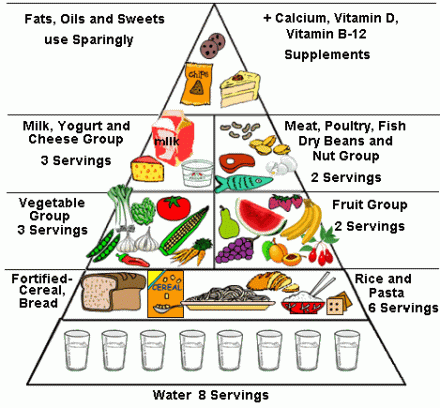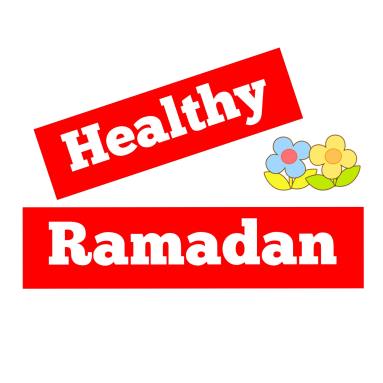
The holy month of Ramadan begins and is a great opportunity to focus on bringing back a balanced and healthy lifestyle. Through fasting, you learn how to manage your eating habits and improve self-discipline.
This article will help you understand the health issues related to fasting, so that you are able to make more informed choices, minimize complications and maximize the benefits of your fast.
Good And Bad Foods During Ramadan
During Ramadan, you need to put extra effort into including foods from all five food groups to ensure variety and a well-balanced diet.
These foods include:
- Breads, cereals and other grain products
- Fruit and vegetables
- Meat, fish and poultry
- Milk, cheese and yogurt
- Fats and sugars (these contain very little nutrients and are high in calories and therefore their intake should be limited).
The most commonly consumed foods by Prophet Muhammad (PBUH) were milk, dates, lamb/mutton and oats. Healthy foods mentioned in the Holy Quran are fruit and vegetables, such as olives, onions, cucumber, figs, dates, grapes as well as pulses such as lentils.
Complex carbohydrates are foods that will help release energy slowly during the long hours of fasting and are found in grains and seeds like barley, wheat, oats, millets, semolina, beans, lentils, whole-meal flour and rice.
Fiber-rich foods are also digested slowly and include cereals, whole wheat, grains and seeds, potatoes with skin, vegetables such as green beans and almost all fruit, including apricots, prunes and figs.
Foods to avoid are the heavily processed and fast-burning foods that contain refined carbohydrates such as sugar and white flour or fatty food like cakes, biscuits, chocolates and sweets. Excess caffeine content in drinks such as tea, coffee and cola should also be avoided (caffeine is a diuretic and stimulates faster water loss through urination).
What Should I Eat At Suhoor And Iftar?
Suhoor
The pre-dawn meal should be a wholesome, moderate meal that is filling and provides enough energy for many hours. It is therefore particularly important to include slowly digesting foods like complex carbohydrates. Drink fluids to keep you hydrated during the day and assist with digestion.
Iftar
The meal that breaks the day’s fast could include dates, following the Prophetic tradition. Dates will provide a refreshing burst of much-needed energy. Fruit juices will also have a similar, revitalizing effect.

Illness And Fasting
Ramadan fasting is obligatory for the healthy adult but when fasting may significantly affect the health of the individual or when one is genuinely sick, Islam exempts them from fasting.
Quick Tips
- Eat normal-sized, nutritious meals at Suhoor and Iftar.
- Avoid foods high in fat, salt and sugar.
- Choose a diet rich in fruit, vegetables, beans, lentils, rice and grains.
- Drink plenty of fluids and avoid caffeinated beverages like coffee, tea, energy drinks or cola.
- Break the fast with a healthy snack like dates — a nutritious burst of natural sugar.
- Speak to a health professional before changing medication regimes for Ramadan.
- Avoid excessive exercise during fasting.
 *This article was originally written for MuslimMemo
*This article was originally written for MuslimMemo












Wish you a very happy Ramadan to you and your family dear 🙂
Same to u !
Very useful. When people fast it’s very important to have correct food when fast is broken, otherwise there can be health issues.
True that ! Thats why thought of sharing this
Happy ramadan
Same to u !
Have a healthy & blessed Ramadan
Same to u !
Amazing and informative post. Very useful and beneficial tips for healthy diet. Happy Ramadan!
Same to u !
As a doctor, I think you are the best person to share such health tips. Thanks for the detailed information. I have friends who all will do fasting so this content will help them a lot.
As Eid has that fasting part so healthy eating is very imp.
True that !
Happy Ramadan to you and surely following these tips this year.
Hiii! This was a great read. Check out my blog lets keep connected 🙂
Sure !
This is great! Only thing I’d change: for my homes (with my husband and with my family), coffee is a must-have item at both sehri and iftar to avoid caffeine withdrawal headaches 🙂 Check out my blog – I did a post today on the goals I set for myself this Ramadan!
Yes concur with you & yeah checked your post . Very highlighted points.